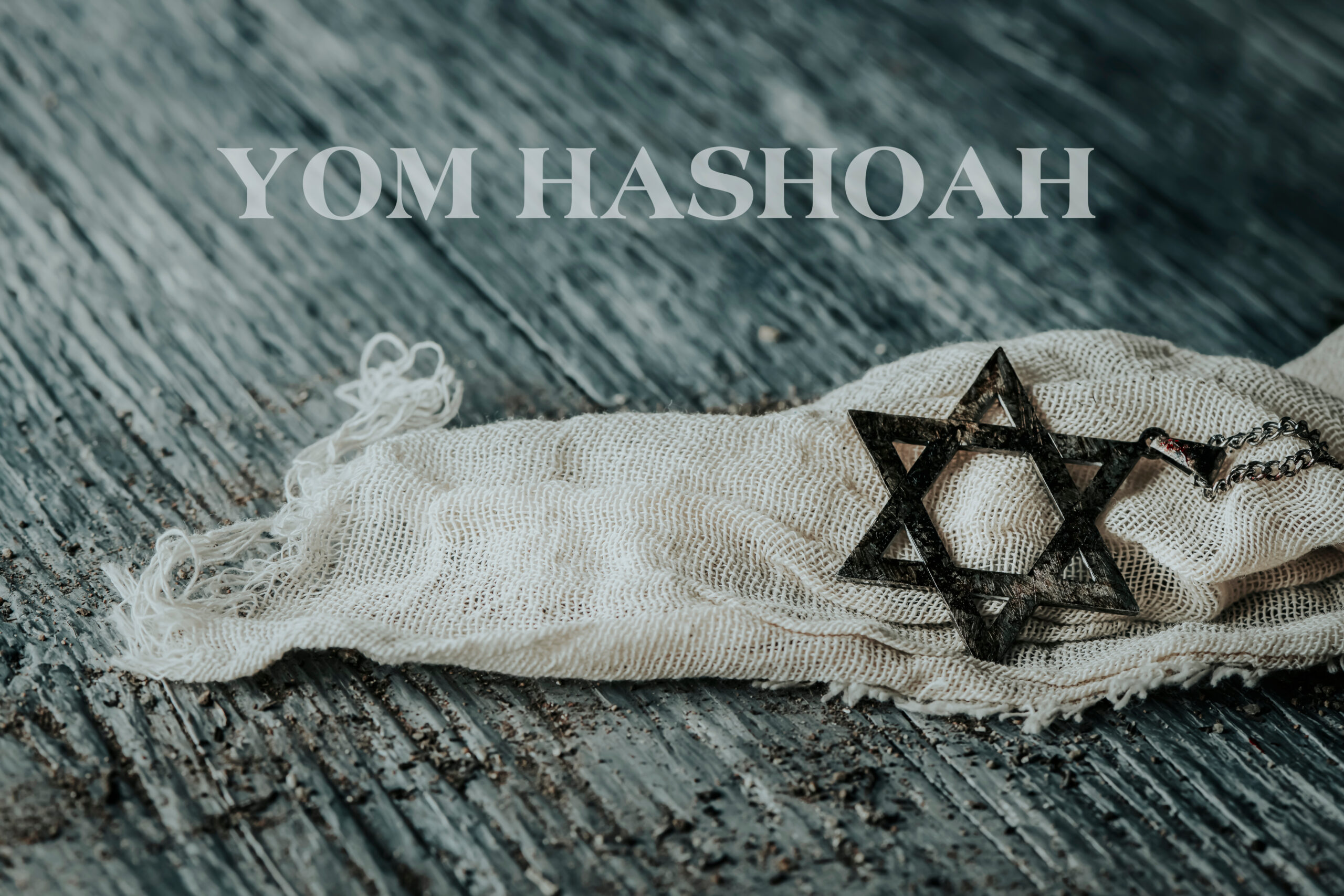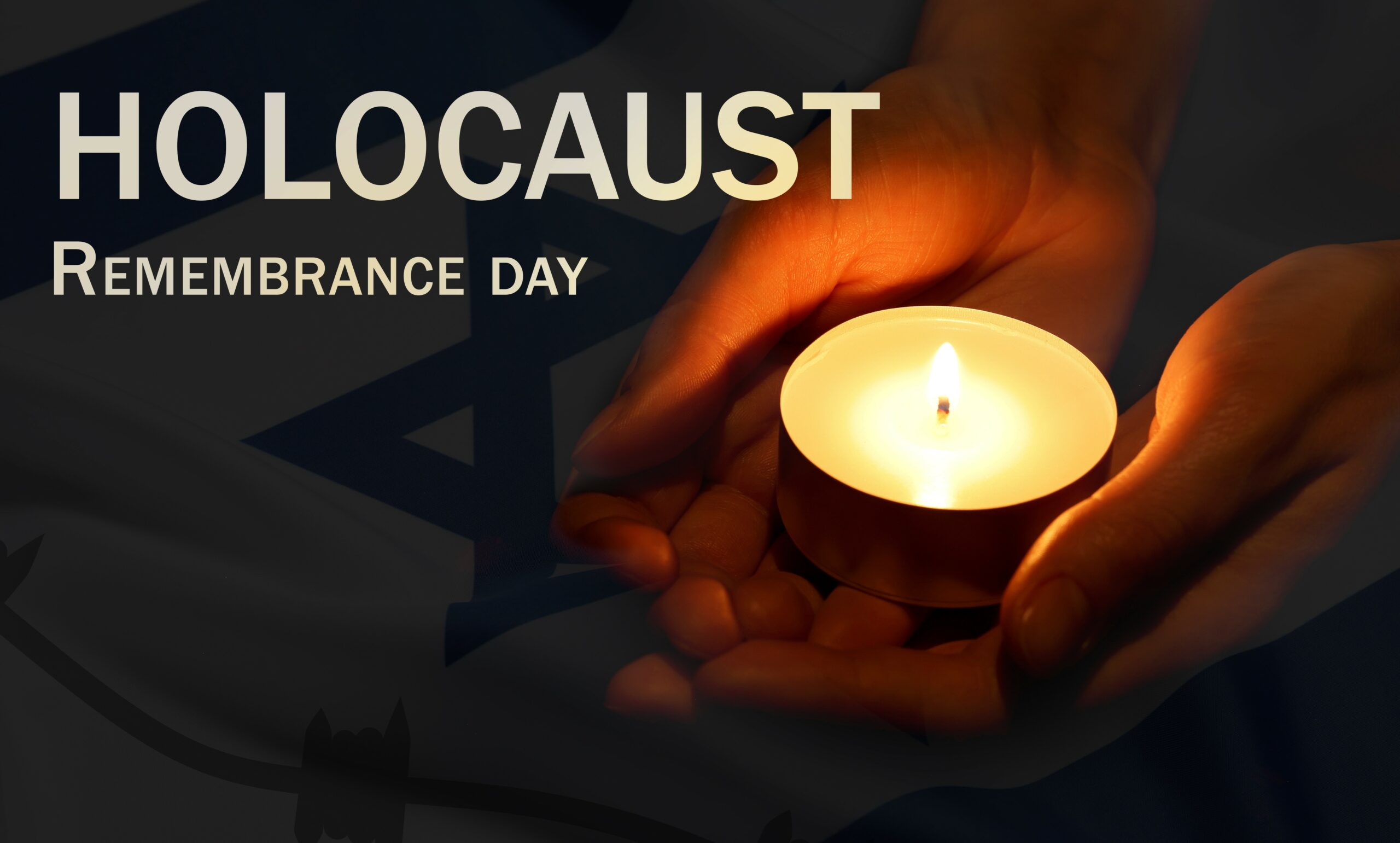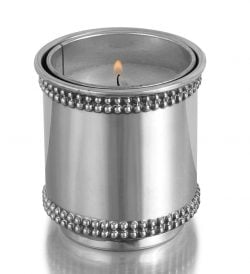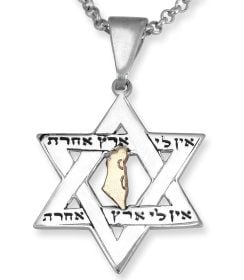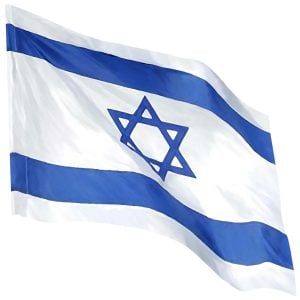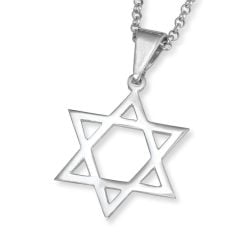Israel’s official date to commemorate the Holocaust, known as Yom Hazikaron laShoah ve-laG’vurah (“Holocaust and Heroism Remembrance Day”) or Yom HaShoah for short (literally “Holocaust Day”), is on the Hebrew date of 27th of Nisan – this year on April 24, 2025, with certain commemorations starting at nightfall the day before.
Yom HaShoah is an official Israeli holiday under Israeli law, and has also been adopted by many Jews throughout the diaspora as the day of the Jewish community’s commemoration of the Jewish victims of the Holocaust.
Yom HaShoah observance
Some of the main ways that the State of Israel and its people observe this day are:
1. A military air raid siren rings out across the country at 10:00am, for a nationwide two minutes of silence. Everyone drops what they are doing and stands in solemn reflection – even all traffic stops, as motorists pause and some even get out of their cars alongside roads and highways.
2. Israeli flags are flown at half-mast.
3. As with all Jewish and Israeli holidays, it begins at sundown on the evening before. Many shops and businesses close at sundown, and an official state ceremony is held at Yad Vashem, Israel’s Holocaust memorial and museum.
4. Many places of public entertainment, such as restaurants, cafes, theaters, and cinemas, are closed per Israeli law.
5. TV stations air Holocaust-related programming, and radio stations play only solemn music or Holocaust-related talk shows and interviews with survivors.
6. Many private and public organizations and schools host educational and commemorative programming.
7. Some people wear white, which in Judaism represents purity, God’s mercy, and the soul, and is often worn in Israel on holidays and memorial days.
8. Both in Israel and in Jewish communities throughout the diaspora, it’s common for individuals, synagogues, and Jewish institutions to light memorial candles and recite the Mourner’s Kaddish or other memorial prayers.
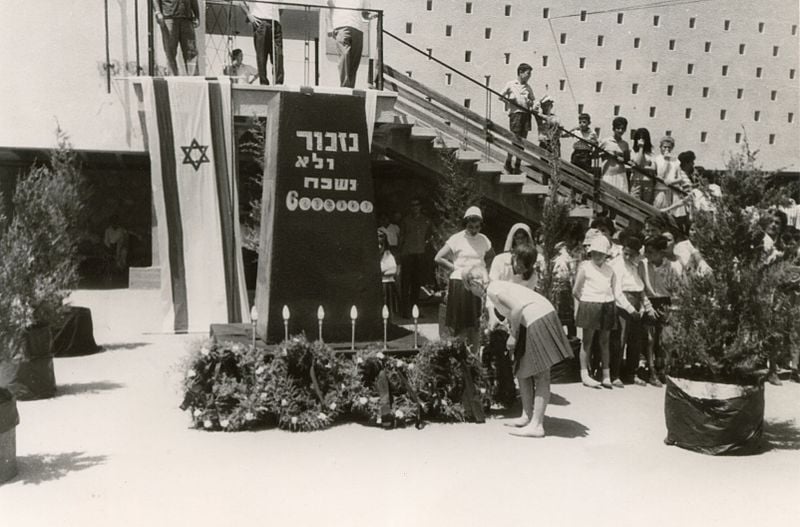
How Yom HaShoah began
Yom HaShoah was first instituted by the Israeli Rabbinate in 1949, originally in December, and was formally adopted by the Knesset (Israeli Parliament) in 1951 and written into law in 1959.
The Yom HaShoah commemorations of the first few years were particularly dedicated to funerals and burials of the remains of victims and desecrated Torah scrolls that had been brought over to Israel.
How the date was chosen
The date of the 27th of the Hebrew month of Nisan was chosen by the Knesset as it is exactly a week after Passover, a week before Yom Hazikaron or Israel’s memorial day for fallen soldiers, and eight days before Israel’s Independence Day, or Yom Ha’atzmaut.
It also coincides with the Warsaw Ghetto Uprising, which began on Passover eve in 1943 and lasted nearly a month.
This timing is deliberate as it:
(a) focuses on the resistance of the ghetto uprising, and tells a story of heroism and bravery in the face of impossible odds, a theme that many Israelis and particularly the Israeli Army take inspiration from to this day; and
(b) creates a thematic and emotional connection between our ancestors’ oppression in Egypt and redemption via the exodus, and our people’s more recent oppression under Nazi Germany and eventual redemption and freedom in the Land of Israel.
Connection to Zionism & Israel
Given the timing, Yom HaShoah and the Holocaust often become connected in the public mind with the need for and an appreciation of the State of Israel.
Indeed, the horrors of the Holocaust had, at the time and in its immediate aftermath, highlighted for many Jews just how desperate the need for sovereignty was. Although the Zionist movement had been underway for decades, it became even more mobilized in light of the Holocaust.
Moreover, it became easier to convince the international community and the United Nations of the need for an independent Jewish state where Jews can have a safe haven, self-determination, and their own army to protect themselves.
The IDF in particular takes Holocaust commemoration very seriously to this day, impressing upon every generation of young soldiers the mantra of “Never Again,” and that Jewish survival can only be guaranteed by a strong and independent State of Israel with a capable army to protect it.
We encourage all our readers to commemorate and reflect on the tragedy of the Holocaust, and the millions of innocent lives lost.
At the same time, we take pride in the State of Israel and the undying Jewish spirit!
There’s no better way to wear your Jewishness loud and proud in defiance of those who tried to destroy us, than with Jewish pride gifts from the Land of Israel! From jewelry and clothing to home decor and more, check out the best items to honor your heritage with style and meaning.
